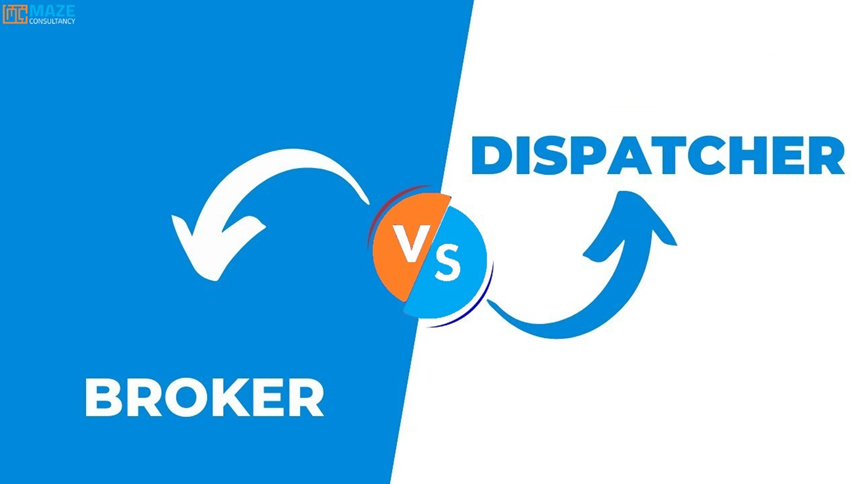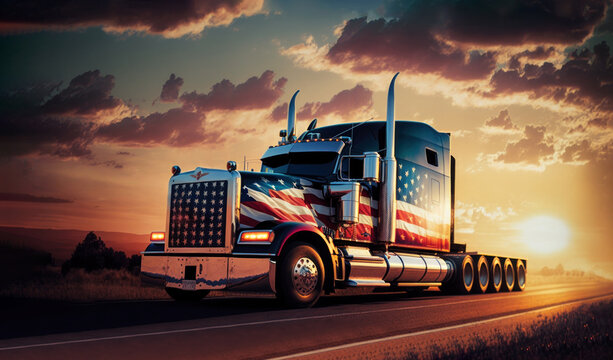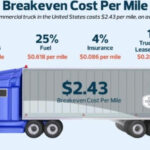Truck load centers in the United States are crucial hubs within the logistics and transportation network. These centers, often referred to as freight hubs, distribution centers, or transportation hubs, play a pivotal role in managing and routing truckloads across the country. Here’s a detailed overview of some of the most significant truck load centers in America:
1. Chicago, Illinois
Overview: Chicago is one of the largest and most important transportation hubs in the United States. It serves as a major intersection for several key transportation routes, including highways and railroads.
Key Features:
- Highways: Major highways like I-90, I-94, and I-55 converge in Chicago, facilitating access to both coasts and central regions.
- Railroads: The city is a critical rail hub with numerous rail lines crossing through, including the Union Pacific and BNSF Railway networks.
- Airports: O’Hare International Airport is one of the busiest airports in the world, providing significant air cargo capacity.
Industries Served: Manufacturing, retail, agriculture, and technology.
2. Dallas-Fort Worth, Texas
Overview: The Dallas-Fort Worth area is a key logistics and transportation center in the southern United States, known for its strategic location and extensive transportation infrastructure.
Key Features:
- Highways: Major highways like I-35, I-20, and I-45 run through the area, linking it to both coasts and other major cities.
- Railroads: The region has robust rail connections, with both Union Pacific and BNSF Railway serving the area.
- Airports: Dallas/Fort Worth International Airport is a major hub for both passenger and cargo flights.
Industries Served: Technology, finance, manufacturing, and retail.
3. Atlanta, Georgia
Overview: Atlanta is a major logistics hub in the southeastern United States, known for its extensive transportation network and strategic location.
Key Features:
- Highways: Key highways such as I-75, I-85, and I-20 converge in Atlanta, providing access to a broad regional and national network.
- Railroads: The city is served by major rail lines, including those of CSX and Norfolk Southern.
- Airports: Hartsfield-Jackson Atlanta International Airport is one of the busiest airports globally, with substantial cargo capabilities.
Industries Served: Logistics, transportation, telecommunications, and manufacturing.
4. Los Angeles, California
Overview: Los Angeles is a critical port and transportation center on the West Coast, playing a key role in international trade and logistics.
Key Features:
- Ports: The Port of Los Angeles and the Port of Long Beach are among the largest and busiest ports in the world, handling a significant portion of U.S. imports.
- Highways: Major highways including I-5, I-10, and I-405 serve the area, providing connections to the rest of the country.
- Airports: Los Angeles International Airport (LAX) is a major airport with extensive cargo and passenger services.
Industries Served: International trade, entertainment, manufacturing, and technology.
5. Columbus, Ohio
Overview: Columbus is an important logistics and distribution center in the Midwest, strategically positioned for access to various regions.
Key Features:
- Highways: Key highways such as I-70, I-71, and I-270 intersect in Columbus, providing excellent connectivity to major cities in the Midwest and beyond.
- Railroads: The city is served by major rail lines, including those of CSX and Norfolk Southern.
- Central Location: Its central location makes it a key distribution point for goods traveling between the East Coast and the Midwest.
Industries Served: Retail, manufacturing, and distribution.
6. Kansas City, Missouri
Overview: Kansas City is a central transportation hub with significant rail and highway infrastructure.
Key Features:
- Highways: Major highways including I-70 and I-35 pass through Kansas City, providing connectivity to both coasts and major inland cities.
- Railroads: The city is a crucial rail hub, served by both Union Pacific and BNSF Railway.
- Airports: Kansas City International Airport supports both passenger and cargo flights.
Industries Served: Agriculture, manufacturing, and distribution.
7. Memphis, Tennessee
Overview: Memphis is a major logistics hub in the southern United States, known for its role in air cargo and transportation.
Key Features:
- Highways: Major highways such as I-40 and I-55 connect Memphis to various regions.
- Railroads: The city has strong rail connections, with both Union Pacific and BNSF Railway serving the area.
- Airports: Memphis International Airport is a major air cargo hub, serving as a key distribution point for FedEx.
Industries Served: Air cargo, logistics, and distribution.
8. Seattle, Washington
Overview: Seattle is an important port and transportation center on the West Coast, known for its significant role in international trade.
Key Features:
- Ports: The Port of Seattle is a major gateway for trade with Asia, handling a substantial portion of the U.S.’s imports and exports.
- Highways: Major highways including I-5 provide connectivity to other West Coast cities and beyond.
- Airports: Seattle-Tacoma International Airport (SEA) offers extensive cargo and passenger services.
Industries Served: International trade, technology, and retail.
9. Philadelphia, Pennsylvania
Overview: Philadelphia is a key transportation and logistics hub on the East Coast, with significant infrastructure supporting its role.
Key Features:
- Highways: Major highways such as I-95 and I-76 run through Philadelphia, providing important connections to other cities and regions.
- Railroads: The city is served by major rail lines including those of Norfolk Southern and CSX.
- Ports: The Port of Philadelphia handles a diverse range of cargo and is a key player in the East Coast port system.
Industries Served: Manufacturing, retail, and logistics.
10. Indianapolis, Indiana
Overview: Indianapolis is a central logistics hub in the Midwest, known for its strategic location and transportation infrastructure.
Key Features:
- Highways: Key highways including I-65, I-70, and I-69 intersect in Indianapolis, providing excellent regional and national connectivity.
- Railroads: The city is served by major railroads including CSX and Norfolk Southern.
- Central Location: Its central location makes it a crucial point for distribution throughout the Midwest and beyond.
Industries Served: Manufacturing, retail, and distribution.
Conclusion
These truck load centers play a vital role in the U.S. logistics network, supporting efficient transportation and distribution of goods across the country. Each center has its unique features and advantages, contributing to the overall effectiveness of the transportation and supply chain system. Understanding these hubs helps businesses optimize their logistics operations and ensure timely delivery of products.
























